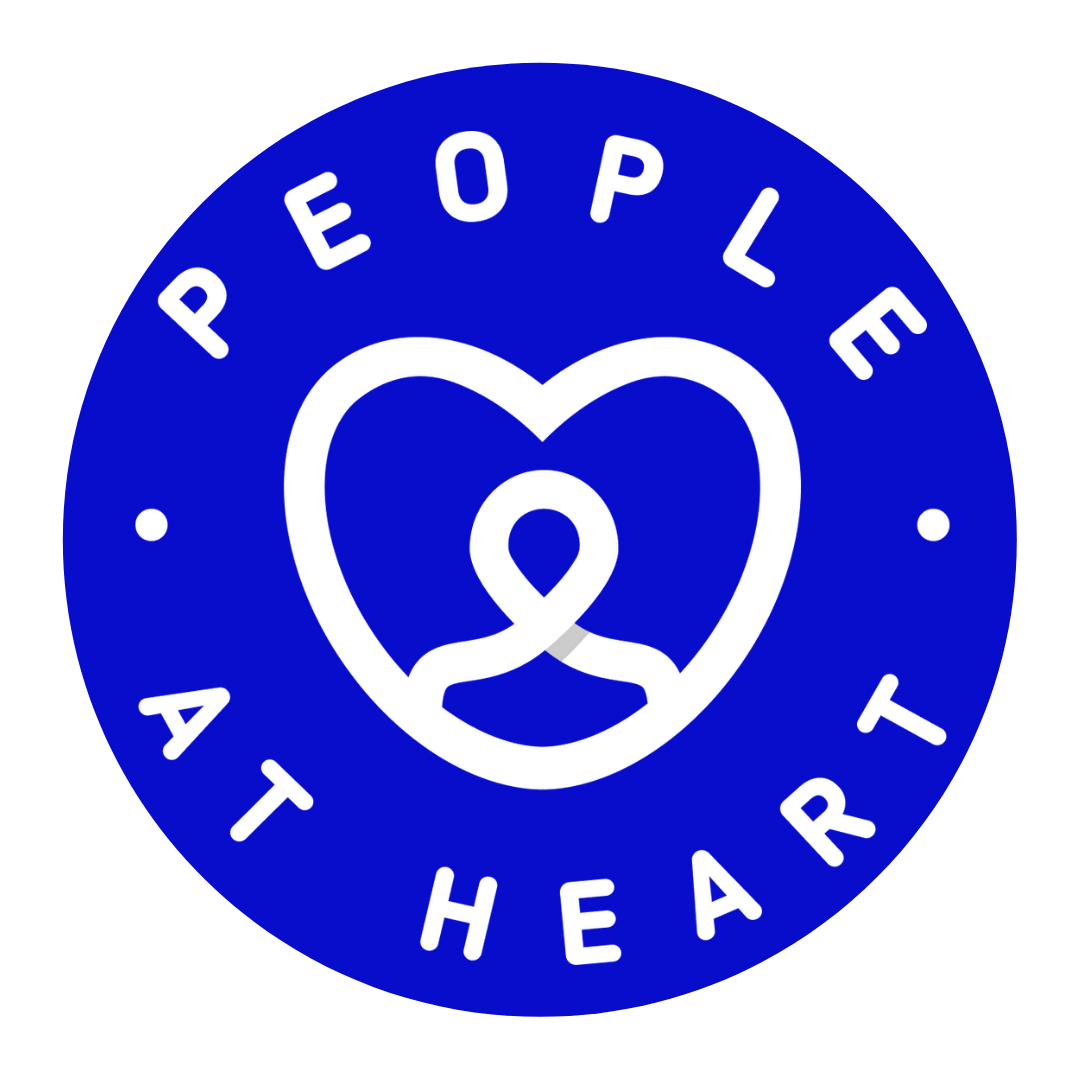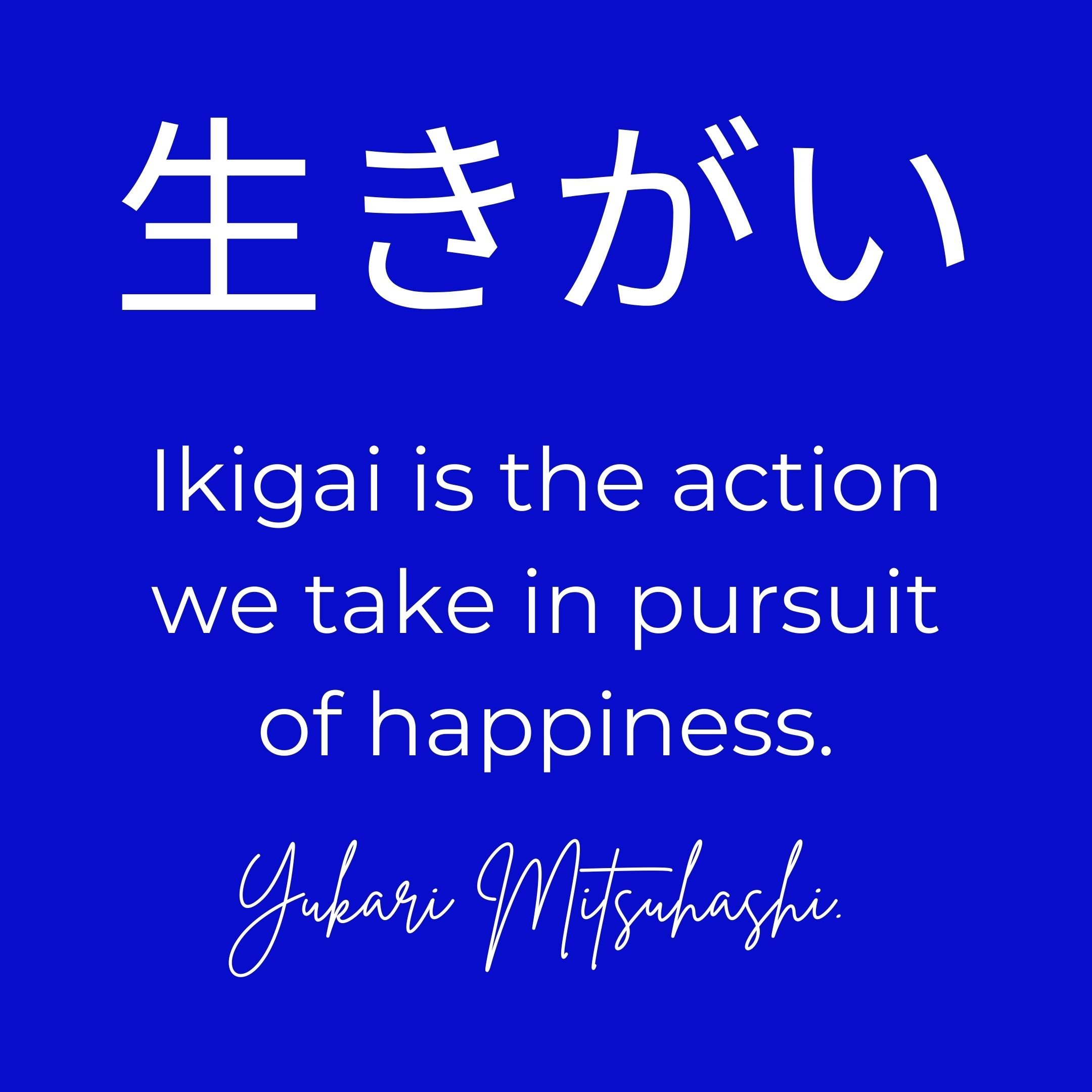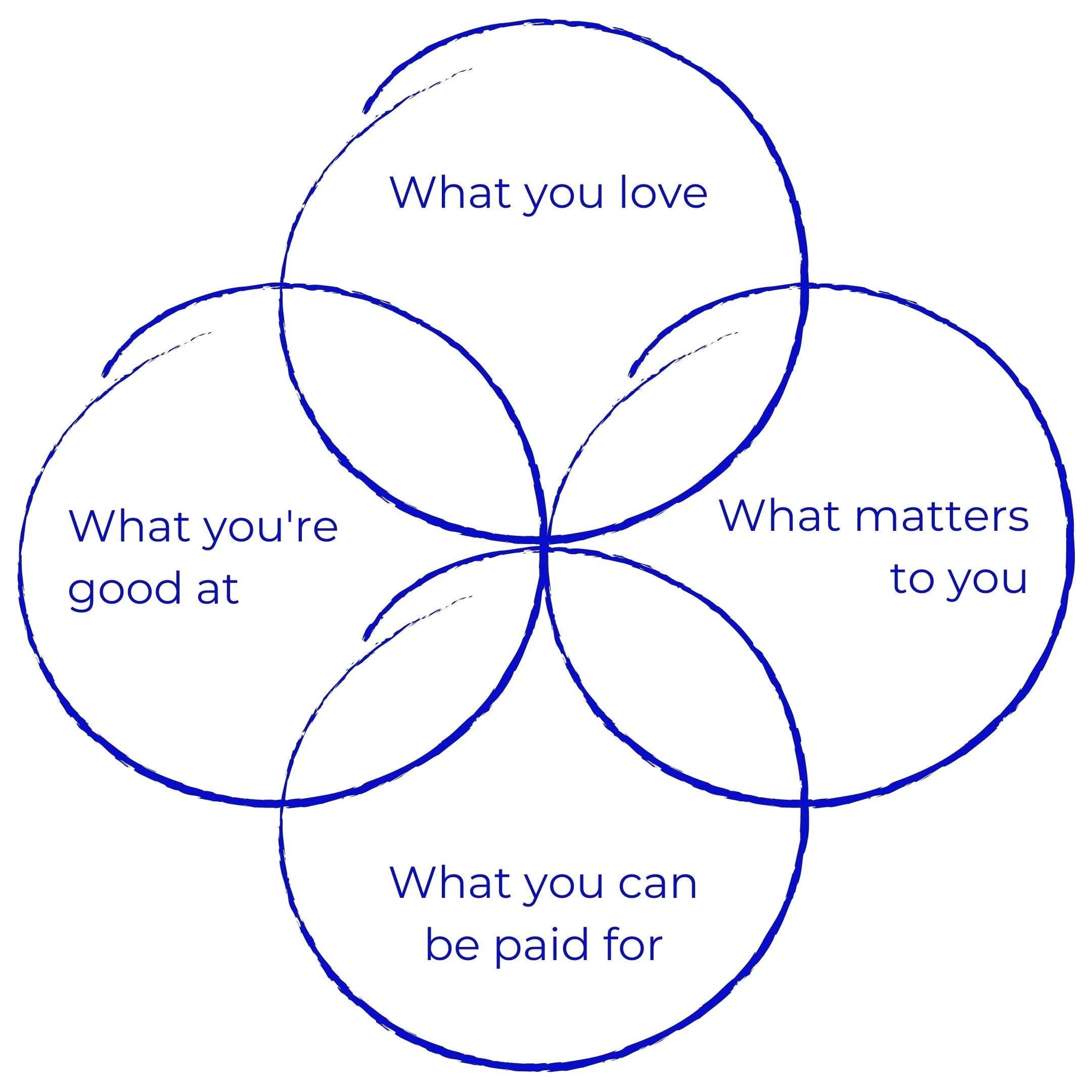Find your Ikigai
clarify your life purpose with this questionnaire and powerful exercise
You’re ready to make a change in your career. Maybe you are unhappy in your current role and you want to get out. Or you’re coming out of a career break and feel ready to do something different. Ultimately, you want to do something that will make you happy, but you don’t know where to start!
Finding your purpose is an empowering process. It’ll help you reflect on what you’ve achieved so far, assess where you are today and clarify which direction you want to give to your career and life. It will give you a red thread to make your future decisions.
What is Ikigai?
Ikigai is a Japanese concept that translates as ‘a reason to get up in the morning’, a ‘raison d’être’ as my French compatriots would say.
It’s the combination of Japanese characters IKI, meaning life, and KAI, meaning the realisation of hope and expectations.
The concept of Ikigai encompasses wellbeing, life satisfaction, the joy from doing something and a sense of purpose. It’s about feeling that your life is valuable and that you have an impact. Ikigai can be found in the smallest daily rituals and the biggest parts of your life like your job and the roles you have. It’s not linked to your status in society, or the money you earn. Everyone’s Ikigai is unique: it’s based on your personal history, your values, your beliefs, your hobbies and your personality.
National Geographic reporter Dan Buettner identified five communities across the world where people live longer and are healthier than the average. These Blue Zones® have common factors, one of them being that the inhabitants have a strong sense of purpose.
How do you find your Ikigai?
Finding your Ikigai is a life-long individual exploration journey. If you are committed to making a change in your life, I assure you that you will get there. But you need to put the time and energy in the process.
It requires self-reflection and answering questions that can be a bit challenging. But you will learn so much about yourself!
This diagram is a good place to start your Ikigai journey. Download the worksheet and take the time to answer the questions and brainstorm new possibilities. By the end of this exercise, you’ll have a visual representation of the different elements that are important in your life and you’ll have a plan to make it real.
Free up at least one hour of undisturbed time, find a comfortable place to sit and grab your favourite drink. Take each section at a time, and dive deep into your thoughts. Keep on asking yourself “what else?” until there’s nothing left to add. You might find some questions are easier to answer than others. If you feel stuck, just move to another question and come back to it later. When you’re finished, you could also talk through your results with supportive friends and family members. They’ll be able to add their own ideas to your own. Be careful though - don’t take their ideas to please them. Pick the ones that are relevant to you.
Step 1 - Answer the Ikigai questionnaire
Do what you love
Think about what brings you joy, the activities that make you forget everything else, what makes you feel in-flow.
Sometimes it’s a hobby and you may be already doing it. Or it could be a routine task that you particularly enjoy doing.
But stuck in the busyness of life, it might be difficult to remember what you truly love doing! So think about what makes you curious, what made you passionate before. You could also think back to childhood and teenage years and remember what activities you loved doing, or the jobs that you wanted to do.
Do something that matters to you
This is about the impact you want to have, whether it is on your local community, on a specific group of people or in the world. Yes, you can think big, there’s nothing presumptuous about that.
Think about who or what inspires you, but also what makes you angry or frustrated.
If you want to dive deeper into that section, you could also spend time identifying your values.
Do what you’re good at
There are two things to consider here:
YOUR STRENGTHS
These are activities that you enjoy doing and that energise you. There might be some repetitions from the ‘do what you love’ section and that’s fine. It’ll reinforce that it’s something truly important to you. You can explore your strengths by looking at this list of 60 strengths by Strengths Profile. Pick the ones that you wish you could do all day if you had the choice.
YOUR SKILLS
These are the competencies that you’ve learned over time, through education and professional experience. Skills can be split into two categories.
Hard skills are about knowledge and abilities: specific tasks and processes you can complete, tools or software you can use, languages you can speak, etc. Think about all the jobs you have done previously, including weekend and summer jobs, or internships, and all the courses you have taken. If you’re stuck, you can have a look at this list.
Soft skills focus on personal attributes and traits. They can come from your personality and will feel natural to you. For this reason, it’s sometimes hard to figure them out. Here’s another list to get you started. If you want to know more about your personality, you can start by taking the free 16personalities test. It’ll give a pretty detailed overview of your profile.
Do something you can be paid for
This last part is about bringing in an income. Money not really part of the original Ikigai concept, but it’s a reflection of the reality of our world; we need to earn an income to support the lifestyle we have chosen. So if you can include a money-making activity in your Ikigai, it’s just better! It could be by doing a job, by selling a product and/or a service.
This is where you can think about what you could teach others, what skills and strengths you can transfer, what you can create (whether it is a physical product or adding value to someone).
Think outside the box and put your self-limiting beliefs to one side when brainstorming for this section. No idea is a silly idea.
Step 2 - create a visual
Once you’ve answered the questions, you can start seeing themes and keywords that you’ll use to populate your Ikigai map. Check in with your feelings and thoughts as you write them down: do you feel excited? scared*? full of dread?
* by the way, scared is not a bad thing. It could be a sign that you are about to step into something bigger. Don’t let fear get in the way… more on that in this article about identifying your blockers.
You can also take it a step further by thinking about what could sit at the intersection of each area: your mission, vocation, passion and profession. It’s an optional step, but it can help you come up with slightly more specific options to explore.
Step 3 - Create a plan
Bear with me - this last step is possibly the most important one. It’s about bringing it all into your life. Ikigai becomes real in many different ways, and this is how you find your purpose: by combining a collection of activities that will bring you joy and purpose.
Rituals
These are moments in your day or your week that bring a sense of fulfilment and alignment, and they should be linked with the themes that you have identified through the exercise. Maybe you already have rituals in place, so you can tie them to your Ikigai to give them the place they deserve.
Here are some examples: a morning walk, writing for 20 minutes in a day, a 10-minute meditation, breakfast in bed or with a book, a bath with candles, growing flowers or vegetables, a class, meeting with friends for coffee or a drink, journaling, cooking, baking…
You could also have monthly and annual rituals, moments to yourself that will nurture your Ikigai. Here are a few more examples: a museum visit, a hike, a mini-adventure, a retreat…
Hobbies
These are the activities and interests that you dedicate time to outside of work. They’re different from rituals as they may require more time and a dedicated space. They can also be more regular and involve a bit of organisation (rather than being spontaneous).
Here are some examples: taking an art or craft class, a specific sport that you want to commit to in a club or a team, sewing, gardening, painting, photography, playing an instrument (or learning to play), etc.
Jobs
We’re now talking about actual money-making jobs, and I want you to start thinking about what a portfolio career could look like. This is “a working style where you combine multiple streams of income—often creating a mix of full or part-time employment, freelancing or working as a consultant. For example, you could combine consulting with part-time work, developing your own product or service and freelance writing.”
What jobs could you combine to bring the income that you are aiming for? Or could you have a full-time job and dedicate time in the evenings and weekends to develop another activity or practice a hobby? Don’t forget to include the skills you could teach others and the products you could sell.
Roles and relationships
The roles you have in your life are a big part of your Ikigai, as they can bring that sense of purpose. For some, it’s about being a parent, or caring for someone else. For others, it is through friendships and other relationships (at work with colleagues or clients, through hobbies…). It can also be through being a volunteer for a cause that you believe in.
Think of all the roles you already have, and the ones you would like to have in the future and think about how you can create strong and sustainable relationships with those around you.
Enabling your Ikigai to flourish
Ken Mogi, author of “The little book of Ikigai”, highlights five pillars that will help you uncover your sources of Ikigai and clarify your purpose.
now, what do you want to do with this?
If you think you need to explore some of these options in more detail and need guidance and accountability, working with a coach will help you take them to the next level.
Want to go further?
do you Find it hard to make important decisions?
Develop your confidence by exploring your vision, values, energisers, personality traits and skills with this free 10-page workbook.
do you Want to know more about yourself?
This online course will give you a complete process to develop your self-knowledge and help you make informed life decisions more easily.











